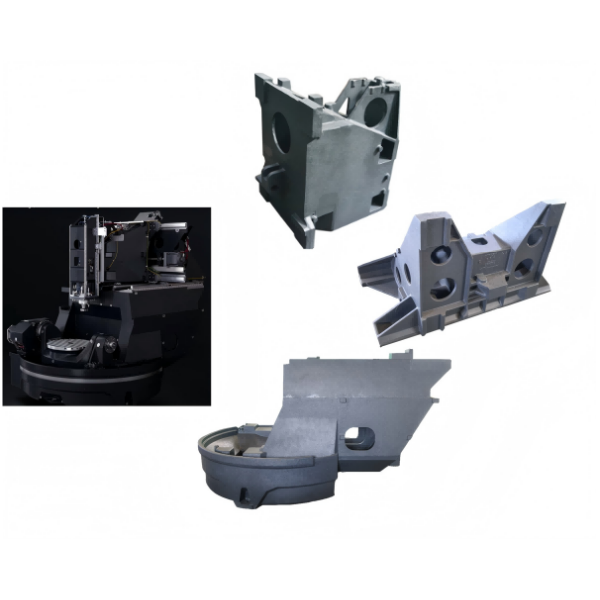In the intricate landscape of small business ownership, understanding the nuances of taxation is crucial for financial planning and sustainability. One of the most pressing questions for entrepreneurs is: How much income can a small business make without paying taxes? This inquiry not only reflects a desire to optimize profits but also highlights the importance of compliance with tax regulations. In this article, we will delve into the specifics of tax thresholds, deductions, and strategies that small business owners can employ to maximize their income while minimizing tax liabilities.
Understanding the Tax Threshold
In the United States, the tax obligations for small businesses are influenced by various factors, including the business structure (sole proprietorship, partnership, LLC, or corporation), the nature of the income, and applicable deductions. For the tax year 2024, the IRS stipulates that any business earning more than $400 in net income must file a tax return. However, this does not mean that all income is taxable.
The Role of Deductions
Deductions play a pivotal role in determining taxable income. Small businesses can deduct a variety of expenses that are ordinary and necessary for their operations. Common deductions include:
- Operating Expenses: Rent, utilities, and office supplies.
- Employee Salaries and Benefits: Wages, health insurance, and retirement contributions.
- Depreciation: The gradual reduction in value of business assets such as equipment and vehicles.
- Home Office Deduction: For businesses operating from home, a portion of home expenses can be deducted.
By effectively leveraging these deductions, small business owners can significantly reduce their taxable income, potentially allowing them to earn more without incurring tax liabilities.
The Impact of Business Structure
The structure of a small business can also influence tax obligations. For instance:
- Sole Proprietorships: Income is reported on the owner's personal tax return, and the owner is subject to self-employment tax on net earnings.
- LLCs: Depending on the election made, LLCs can be taxed as sole proprietorships, partnerships, or corporations, each with different implications for income thresholds and tax liabilities.
- S Corporations: These entities allow income to pass through to shareholders, avoiding double taxation, but they must adhere to specific regulations to maintain their status.
Understanding these structures can help business owners strategize their income levels and tax responsibilities effectively.
Tax Credits and Incentives
In addition to deductions, small businesses may also qualify for various tax credits that can further reduce their tax burden. For example:
- Small Business Health Care Tax Credit: Available to small businesses that provide health insurance to their employees.
- Work Opportunity Tax Credit: For hiring individuals from certain target groups who face barriers to employment.
- Research and Development Tax Credit: For businesses engaged in qualified research activities.
These credits can provide substantial savings and should be considered when assessing how much income can be earned without incurring taxes.
Strategic Income Management
To maximize income while minimizing tax liabilities, small business owners should consider implementing strategic income management practices:
- Timing of Income and Expenses: Deferring income to the next tax year or accelerating expenses into the current year can help manage taxable income levels.
- Retirement Contributions: Contributing to retirement plans not only secures the future but also reduces taxable income in the present.
- Consulting a Tax Professional: Engaging with a tax advisor can provide tailored strategies that align with specific business goals and compliance requirements.
Conclusion
In conclusion, while small businesses must navigate the complexities of tax obligations, understanding the thresholds, deductions, and credits available can empower owners to optimize their income effectively. By strategically managing their finances and seeking professional advice, small business owners can potentially earn a significant income while minimizing their tax liabilities. Ultimately, the goal is not just to avoid taxes but to ensure sustainable growth and profitability in the competitive business landscape.






